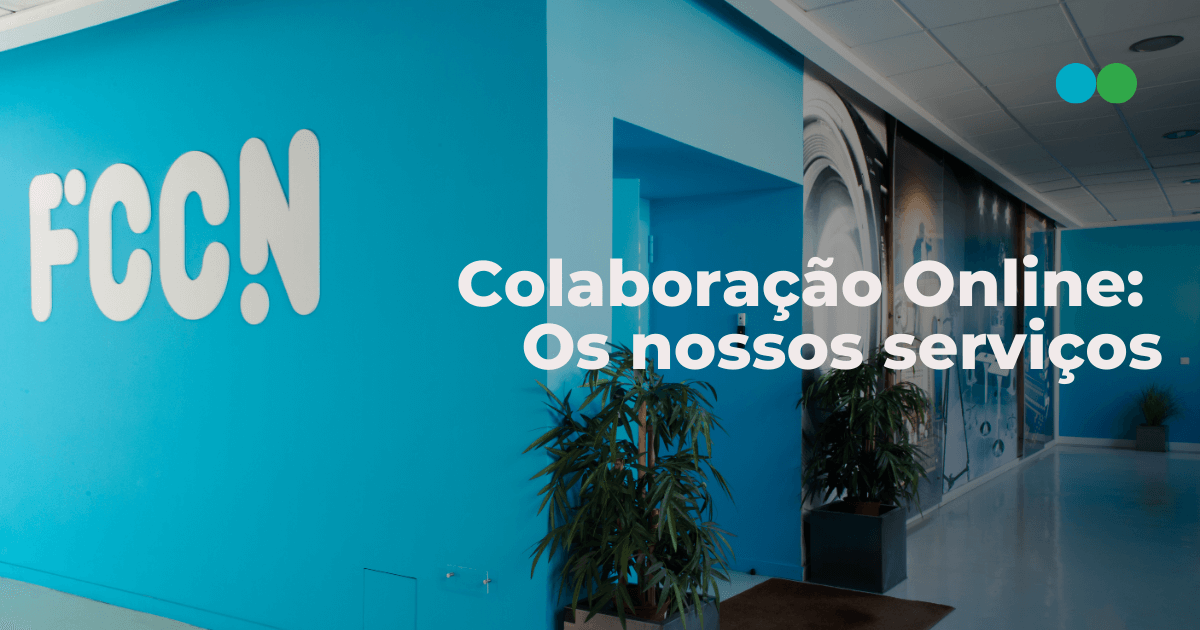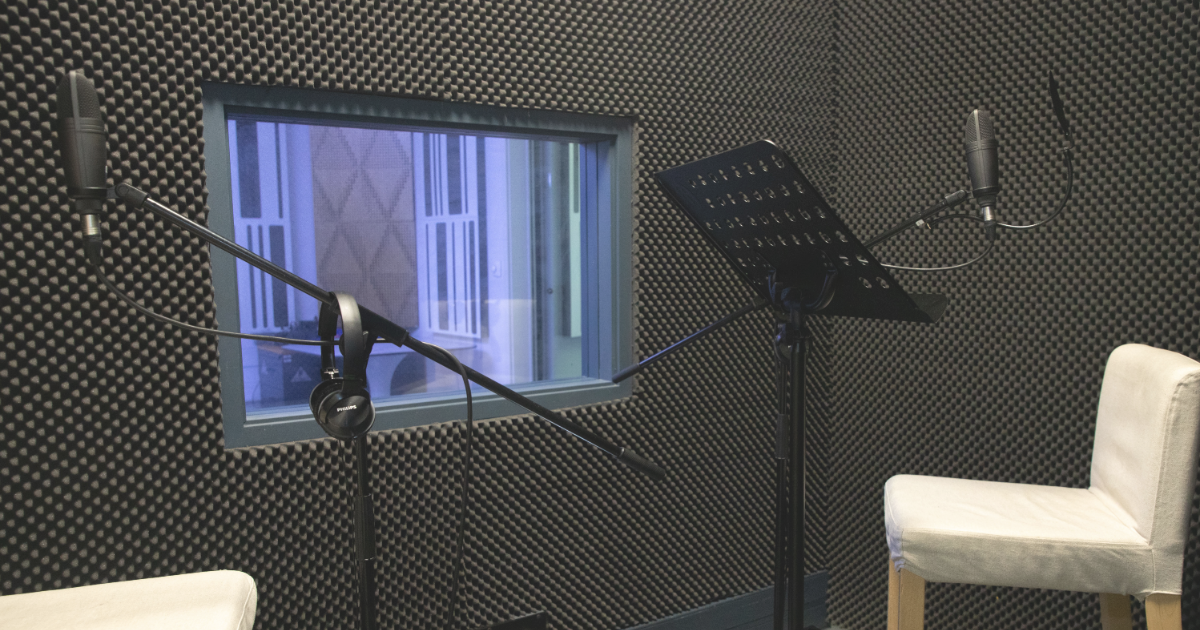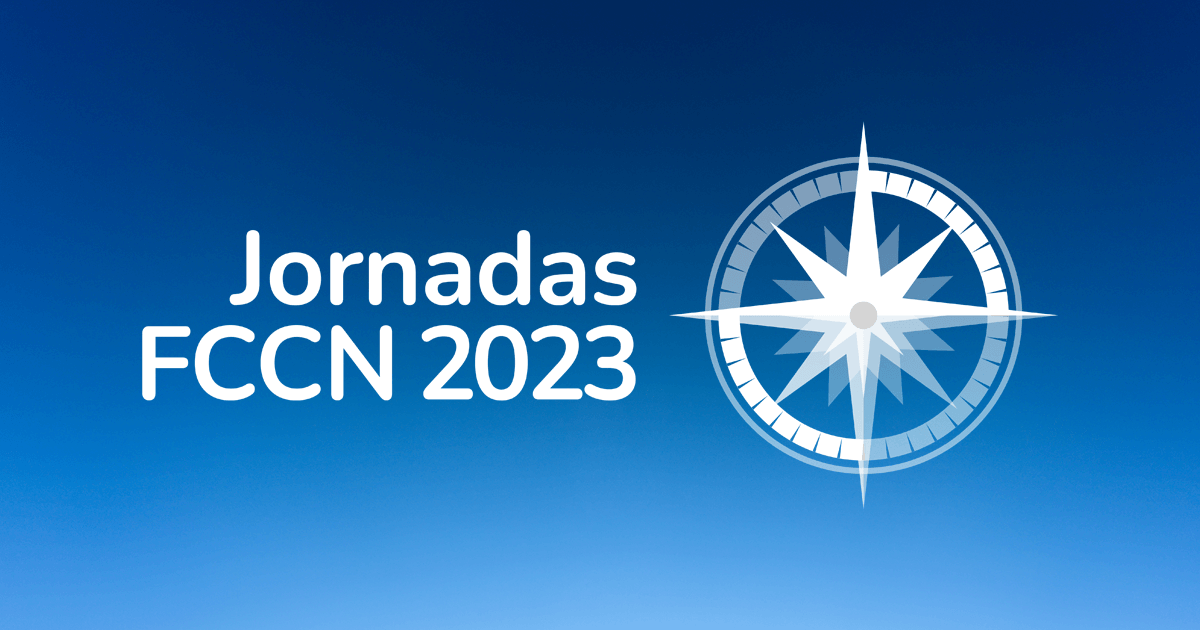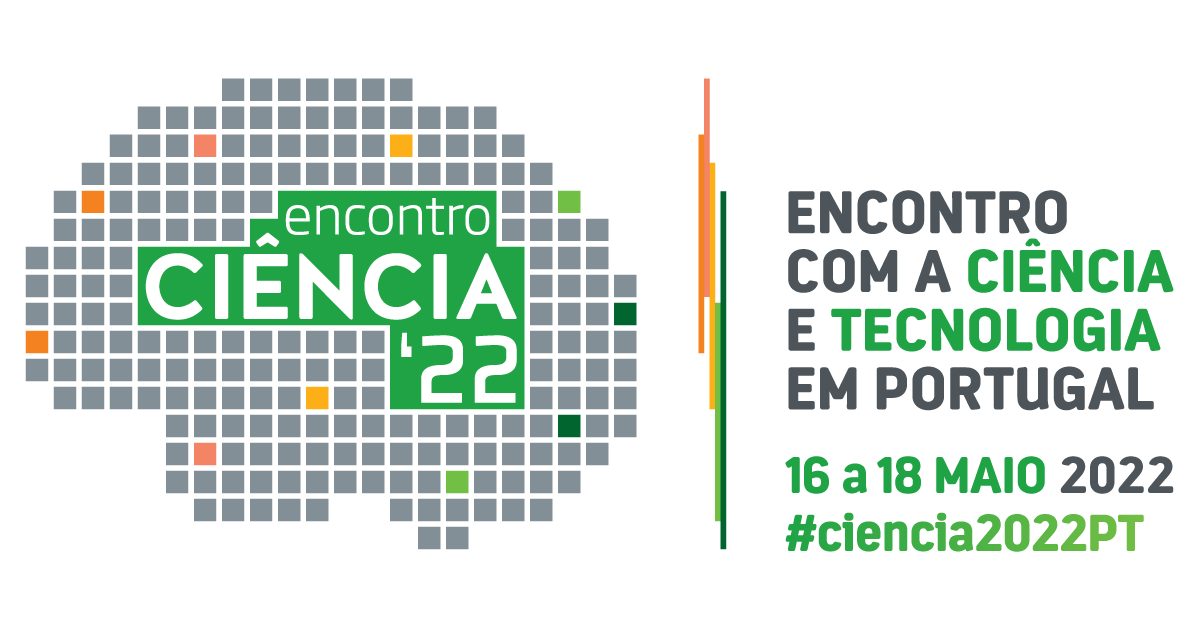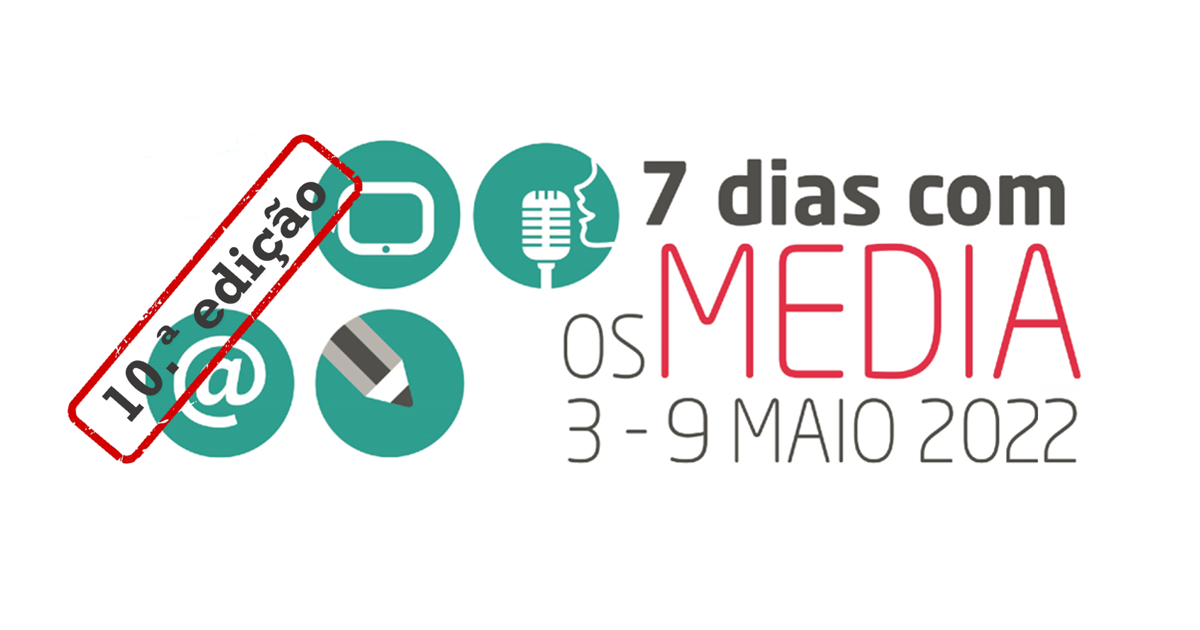Nelson Schäller, manager of the Video Technical Service at FCCN, highlights the importance of Colibri's role in the context of social isolation, and reveals some new features for this service at FCT's National Scientific Computing Unit (FCCN).
The constraints resulting from the Covid-19 pandemic and the consequent suspension of classroom teaching activities posed new challenges to the Colibri service. How big is this challenge?
The effect of the Covid-19 pandemic led to a high demand from the community for digital collaboration and communication platforms, both synchronous and asynchronous. In this context, the Colibri service started to be in high demand as a support tool for distance learning, to face isolation, maintain teaching activities and bring people together now in a telework regime. Its use became crucial to replace the face-to-face teaching activities previously carried out in a classroom environment.
And how do you evaluate the response given, taking into account the needs of the community?
I think that, in general terms, we have managed to adapt all the services to the real needs of the community, in a quick, agile and reactive way, in a new context and reality that no one was prepared for. The FCCN Unit immediately took steps to respond to this high demand from the community. The service was progressively reinforced, both in terms of infrastructure and platform licensing, in order to meet the needs of the national academic community.
Inaddition to the technological challenges, this pandemic also involved a human dimension, in the sense that it was necessary to support, from one day to the next, thousands of students, teachers, researchers and technical teams, who were forced into a sudden change in their habits of using these tools. This fact triggered the requests for support to our team, through the most varied communication channels (email, phone, tickets, messages, etc.).
Are there any figures to illustrate this increased usage?
Daily use of the Colibri service reached unprecedented figures. Compared to the first four months of 2019, the number of meetings grew by around 3956%, with a total of 396,069 meetings held and 7,270,632 participants. Last May, the platform recorded 409,748 meetings and a total of 5,842,315 participants. We currently have over 80,000 registered users of the service. The usage graphs can currently be consulted via the dashboard on the FCCN website.
"Compared to the first four months of 2019, we recorded a growth in the number of meetings of around 3956%, accounting for a total of 396,069 meetings held and 7,270,632 attendees."
What is the feedback received from the Education and Research community?
In general terms, the feedback received has been quite positive and can also be verified by the comments and posts that have been shared on social networks by the RCTS community. I think that the closer contact with the community has also been beneficial, especially in the support and resolution of difficulties in using the service, as well as in the presentation of alternative solutions adapted to the needs of users and member institutions.
How is Colibri adapted to the needs of the Education and Research community? Have any adaptations been made during the time of contingency?
The service was already widely used as a tool to support classes, work meetings and online tutoring. At this moment, its use has extrapolated those uses and is even being used for master's and doctoral defenses, and even as a tool for monitoring online exams.
Due to the massive use of the service, some additional measures had to be taken, namely the reinforcement of licensing by 1111%. It was also necessary to progressively reinforce the infrastructure at the service's front-end level. In this sense, new servers were added in order to balance user access to the service, so as to ensure the high access requests to Colibri.
"Due to the massive use of the service a number of additional measures had to be taken, notably the strengthening of licensing by 1111%"
During this pandemic phase, it was also necessary to make changes to the RCTSaai federated authentication, granting "Pro" licensing only to teachers and staff of national HEIs. Students now had their accounts limited to meetings of 40 minutes and a maximum of 100 participants.
Do you think that this increase will be totally contextual? Or do you think that the contingency will eventually lead many teachers, students and researchers to "discover" the added value of this service?
Clearly, this increase is due to the effects of the confinement of the Portuguese population and, more particularly, of the national higher education and research institutions. These were forced to find alternative ways to maintain their teaching activities, thus trying to minimize as much as possible the side effects that this pandemic brought in curricular and academic terms. I think that use of the service will be lower after the pandemic, but it is expected that it will never return to its initial values, since the service is now regularly used by more than 80,000 users nationwide.
What is the future vision for the Colibri project? What will be the next steps?
The future of Colibri seems promising and its use, adoption and appropriation by the community points to continue being one of the most used synchronous communication tools at academic level. We intend to reach more and more institutions, students, teachers and researchers and continue to serve the RCTS community with a varied service offer that meets their educational needs.
For the future, we intend to improve the integration of the service with the most widely used distance learning support platforms, as well as improving its articulation with the other services provided by FCCN, such as Educast.In this context, I would like to highlight the integration of Colibri with Moodle via LTI, which is already available and facilitates the creation and scheduling of meetings, directly in the courses and subjects, without the need to leave Moodle.
We are also preparing some pilot projects for the service that will be presented during the second half of 2020, which will offer a series of new features. I would like to highlight the possibility of requesting the webinar service on demand for larger institutional events that require more than 300 participants and a maximum of 1,000. Internally, we are also exploring the new capabilities of Zoom Rooms for dedicated videoconferencing rooms on the premises of FCCN.
From the communication point of view, we are also preparing the launch of a new help site, which will soon be presented to the community. This portal will provide updated information about the service, news, best practices for use and security, compatible equipment, among other information.






